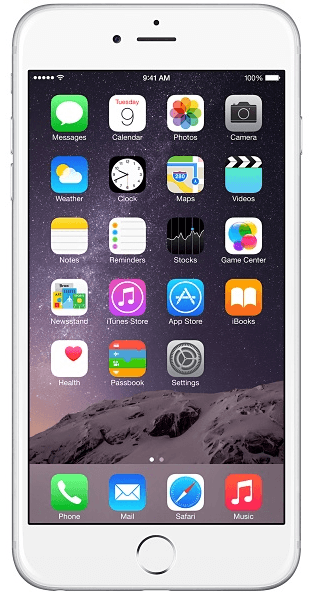 AT&T and Verizon Wireless are ditching subsidies for the popular (and expensive) Apple iPhone in favor of straight installment payment plans.
AT&T and Verizon Wireless are ditching subsidies for the popular (and expensive) Apple iPhone in favor of straight installment payment plans.
9to5Mac reports Apple has sent a memo to employees outlining major changes in how iPhones will be sold to AT&T and Verizon Wireless customers.
Apple iPhones sold via AT&T and both Apple’s retail and online stores will shift exclusively to AT&T’s Next financing plans this month and end device subsidies. AT&T Next allows customers to buy a device at retail price and pay it off in 20, 24, or 30 installments on their AT&T bill. The primary benefit of the Next plan is it permits customers upgrade to a newer device after 12, 18, or 24 installment payments. For now, customers transitioning away from their existing plan to Next will be able to keep their unlimited AT&T data plan.
 Verizon Wireless is also planning to drop its two-year subsidy programs, perhaps entirely across all devices, as early as the end of this summer. That will force Verizon Wireless customers onto the Edge installment payment program unless they are willing to pay for a device upfront.
Verizon Wireless is also planning to drop its two-year subsidy programs, perhaps entirely across all devices, as early as the end of this summer. That will force Verizon Wireless customers onto the Edge installment payment program unless they are willing to pay for a device upfront.
But Verizon will tighten the screws even more on iPhone users by blocking the Edge Up feature for Apple phones. Instead of being eligible for an early upgrade after 18 months, Verizon will commit its iPhone customers to a full two-year waiting period or until the phone is completely paid off. Magnanimously, Verizon will let the customer keep the phone after they pay it off completely. It is unclear if Verizon will allow their legacy unlimited data customers to participate in the Edge program without forfeiting their unlimited data plan.
For many customers, this will represent a distinction without much difference. Phone subsidies have always been effectively paid back to the wireless carrier through artificially high service plan rates charged over the length of a two-year contract. The installment payment plan brings the cost of the phone subsidy out into the light where a customer will see (and pay) a separate installment payment for their device instead of having the subsidy’s recovery buried in the price of service. But Verizon has clearly sought constraints on its iPhone customers who aggressively pursue upgrades at the appearance of any new iPhone model. Going forward, they will have to pay off any remaining installments owed on their old phone before upgrading to a new one.


 Subscribe
Subscribe
Service pricing remains ridiculously high, simply because vertically integrated carriers operate inefficiently and the service provider model is not conducive to rapid technological evolution (like 802.11).
Eliminating the phone subsidy would be fine if the monthly plans become correspondingly cheaper. But that’s not in the interest of the mobile phone companies.
Phone plans have dropped in price… at T-Mobile and Sprint.
I am holding onto my Verizon Wireless unlimited data plan until they pry it from my cold, dead hands.
Aww, this is terrible. It’s going to cost me a lot more for my iPhones now… Up until now, I have bought my iPhone for $200 and then paid $50/mo for the plan. Then after 2 years sold my iPhone for $200 thus making back the whole cost that I spent on the phone. So my cost for 2 years of service with iPhone has been $1200 for 2 years and that’s it. Now I have to pay $450 more for the phone? $650 instead of $200? So will my base monthly plan rate go down by $18.75/mo? My new… Read more »